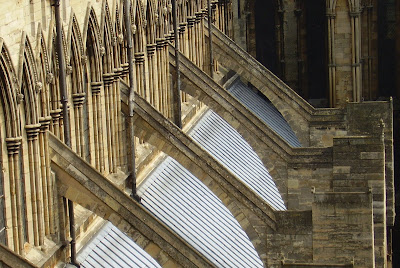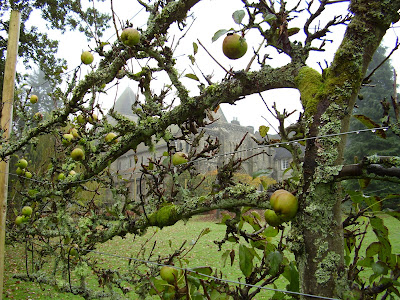 The idea that Government and individuals should support world development and poverty reduction overseas is not as widely supported as some may think. This turned out to be the main point which Lincoln’s MP wanted to make when she talked in the Cathedral last night. When she was a Minister for Overseas Development with a brief for Africa, if ministry staff seemed to forget this she used to remind them by producing the headline in a local paper which followed a statement she’d made in the Commons about a war situation where sexual violence was endemic which was something like ‘Merron gives money to rape victims in Africa but not in Lincoln’. She kept urging members of her inevitably sympathetic audience to make tackling this one of our priorities.
The idea that Government and individuals should support world development and poverty reduction overseas is not as widely supported as some may think. This turned out to be the main point which Lincoln’s MP wanted to make when she talked in the Cathedral last night. When she was a Minister for Overseas Development with a brief for Africa, if ministry staff seemed to forget this she used to remind them by producing the headline in a local paper which followed a statement she’d made in the Commons about a war situation where sexual violence was endemic which was something like ‘Merron gives money to rape victims in Africa but not in Lincoln’. She kept urging members of her inevitably sympathetic audience to make tackling this one of our priorities.She is now a Minister in the Foreign Office but still with a brief for Africa, and she responded to the Dean’s invitation to share the perspective this had given her with many of the commonplaces of world development discussion: tragically high maternal and malarial death rates can be reduced by quite simple measures where there is the money and the will; different funding routes are appropriate in different countries depending on the nature of the Government and the presence of particular non-governmental agencies; poverty reduction is in our own interests given the links with everything from crime to drug production. The issues involved have clearly taken over her own life; she spoke of the immersion experience provided by Action Aid who had sent her to live briefly in a village in northern Ghana and a further period of work for VSO which she’d undertaken during one parliamentary recess.
The picture is a view across souther Malawi from the top of Zomba Mountain at the foot of which I was born.


























